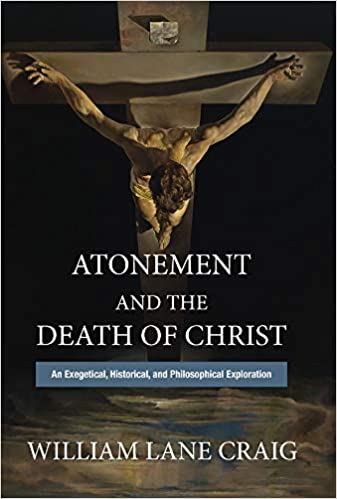STEADFAST Steadfast. God is quite steadfast I thought I’d stop and feast that But He said… ‘instead fast’. Because it means we failed him Because we’re just not true Because we test his patience By what we say and do. Not good in a pandemic Not good when things go right Not good at waiting for it Not good in a close fight Not good at loving others? Who don’t look just like us? Not good at... Read more













